Launch of the Indigenous women’s report card 2005 in Western Australia
Current topicThe following summary has been adapted from information provided by the Office for Women’s Policy, Perth and a media release by Sheila McHale, Minister for Women’s Interests.)
The Indigenous women’s report card 2005 was launched on 12 September 2005 at the Indigenous controlled health service, Derbarl Yerrigan, Perth, Western Australia. At the event Sheila McHale, Minister for Women’s Interests, said the report established a benchmark set of indicators reflecting issues of importance to Indigenous women and was ‘an invaluable tool for Indigenous communities and Governments to use to bring about social and economic change’.
The Office for Women’s Policy produced the report with the aim of utilising the evidence to improve outcomes for Aboriginal and Torres Strait Islander women in Western Australia, by driving change in government policy and assisting in appropriate service delivery. The report will also assist in identifying gaps in the indicator data available and areas in which relevant datasets can be expanded or improved.
The indicators for measuring the social and economic wellbeing of Indigenous women were devised from information collected over a 12-month consultation period, guided by the Indigenous Women’s Congress. Pat Kopusar, Congress member said, ‘Now we can use this report card, take it through WA and ask women whether it reflects the situation in their region’.
Maria Osman, executive director of the Office for Women’s Policy, stated that the report card reflected a move towards a new partnership between Indigenous and non-Indigenous people. She explained, ‘Behind every piece of data is the lived experience of strong, resilient Indigenous women who are leaders, mothers, elders and community builders’.
The report card provides details for Indigenous women on:
- Leadership and opportunity
- Work and economic independence
- Crime and justice
- Family community and culture
- Safety
- Mature aged women
- Health and disability
The findings highlight the disadvantages that Indigenous women in WA experience. They also indicate that Indigenous women in WA are maintaining their cultural identity and participating in cultural events at least as well as other Indigenous women across Australia.
The report (PDF – 2.12MB – large file warning!) is available on the Women’s Resources Online section of the Community Resources Online website.
For more information contact: Office for Women’s Policy, Level 1, 141 St Georges Terrace Perth WA 6000, ph: (08) 9264 1920, fax: (08) 9264 1925, email: wpo@dcd.wa.gov.au
Other information
Sheila Mc Hale, Minister for Women’s Interests
View media release (HTML) (released 13 September 2005)
The Indigenous Women’s Congress
View information (PDF)
Reference
Office for Women’s Policy, Department for Community Development (2005) Indigenous women’s report card 2005. Perth: Office for Women’s Policy



